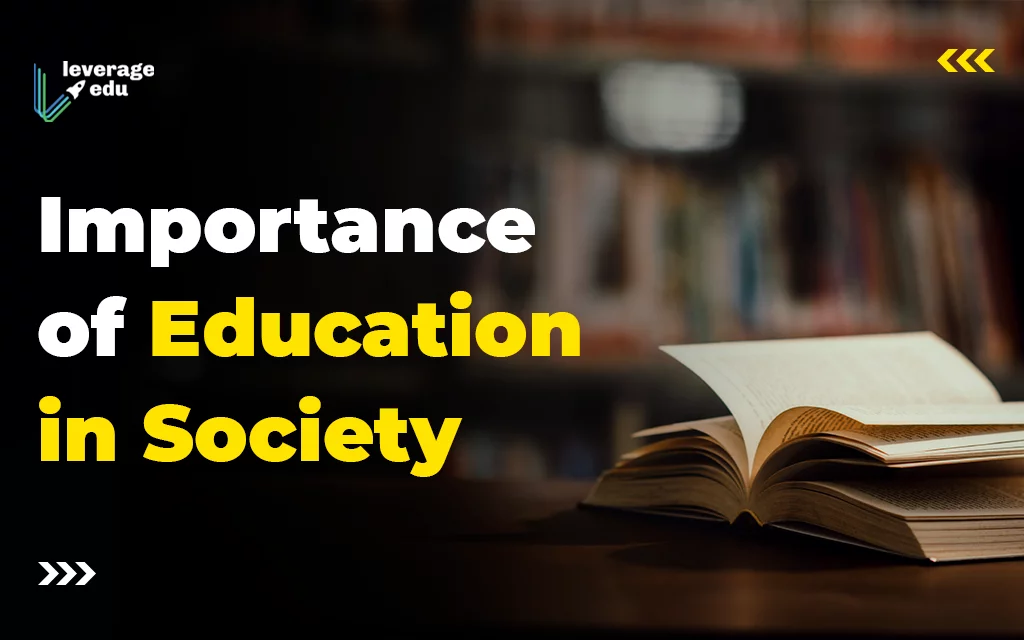Explain the role of education as an operational aspect of society.
Education play a very important role into operational aspect of society:
According to Brown, “Education is the consciously controlled progress whereby, changes in the behaviour are produced in the person and through the person within the group. Havinghurst and Neugarten has given two important functions of the education.
- According to them education is the mirror that reflects society as it is or to be a stabilizer of society.
- It is an agent of social change and a force directed towards implementing the ideals of the society.
George Payne showed three main functions of the education:
- Assimilation of traditions.
- Development of new social patterns.
- Creative and constructive role.
Emile Durkheim viewed education within the framework of the plan to construct what he wished to be a genuine social science. That plan was itself determined by a variety of circumstances.
According to all the eminent persons, the following are the essential functions of the education.
- It transmits culture to other generation.
- It trains people to perform their tasks.
- It changes the cultural heritage of the society.
Transmission of Culture:
Franz Boas, in the United States of America, developed the idea that each culture has its own history and, therefore, a diffusion of cultural traits could happen frequently and widely. So was born Cultural Relativism, beginning the investigation in the field, leaving the academic studies and the purely theoretical situation. Boas defended the idea that each culture must be defined through its own history, therefore, making it necessary to study it separately with the aim of constructing its history.
From this movement arose later, The Anthropological School of Culture and Personality. Historic particularism questioned unilinear evolutionism, stating that every culture had its own history that demanded respect. It attacked the idealist cultural comparisons. It also advocated what would be a prototype of participative observation in which the researcher interacted with the target people. It developed the inductive method (of the particular to the general) contradicting the generalizing classical anthropology of the time.
Bronislaw Malinowski stated that society is an entity in itself that needs maintenance. The functionalism of Malinowski is certainly Durkheimian in origin but there is a crucial difference in method. As an anthropologist, Malinowski goes from the bottom up, and from psyche to culture, whereas for Durkheim causality is top down or the social first (collective conscience) and the psychological aspects are effects more than cause, and basically details of social facts.
Malinowski was important to anthropology is raising the status of the every day. For many concerned with structure and function, the grand scheme of things rose above the every day humdrum of life.
Training for Specialized Roles:
In Emile Durkheirn’s view, educational systems reflect underlying changes in society because the systems are a construct built by society, which naturally seeks to reproduce its collectively held values, beliefs, norms, and conditions through its institutions.
Thus, as time unfolds, educational systems come to contain, the imprint of past stages in the development of society, as each epoch leaves its imprint on the system. According to Durkheim, education teaches us specific skills which are really essential for us. He defined, social facts by their exteriority and constraint, focusing his main concern on the operation of the legal system, he was later moved to change his views significantly.
Durkheim presented a definitive critique of reductionist explanations of social behavior. Social phenomena are “social facts” and these are the subject matter of sociology. Although, in his early work Durkheim stressed those social facts, and more particularly moral rules, become effective guides and controls of conduct only to the extent that they become internalized in the consciousness of individuals, while continuing to exist independently of individuals.
Talcott Parsons sees the school classroom as a microcosm of society. It is a bridge between.the family and wider society. In wider society status is achieved. Education socializes young people for adult roles. According to Talcott Parsons Functionalism in individuals interact with each other through the medium of social structures.
They accept common standards of evaluation, which are moral standards or ‘norms’. Sociological processes maintain these structures, and ensure stability through adherence to the norms. A malfunctioning educational system would be one in which individuals are not assigned the most appropriate role and will hence, lead to inefficiency. This could be taken as an argument against elitism in education and in favor of a comprehensive system.
Change in Cultural Heritage:
Education is not only based on giving the knowledge to the students. Apart of this, education has some major role to play on the society. We all know that society is changing rapidly so there is also a prime need changes in the educational system.
Social change refers to an alteration in the social order of a society, It may refer to the notion of social progress or socio-cultural evolution, the philosophical idea that society moves forward by dialectical or evolutionary means. More generally, social change may include changes in nature, social institutions, social behaviors or social relations.
We find numerous changes taking place in our society. The women have left the secured domain of their homes and are now in the battlefield of life, fully armored with their talent. They had proven themselves. But in India, they are yet to get their dues.
The position of women has changed a lot in modern times. Clearly, women have made tremendous strides towards equality in recent decades. In the society, the role of women is getting bigger. Women are doing man’s work and sometimes women do it better. lt may be because women are more patient and more intelligent. The concept of earlier days was that only man can work, because society thought that cleaning the house and taking care of the children were the only things women were able to do.





